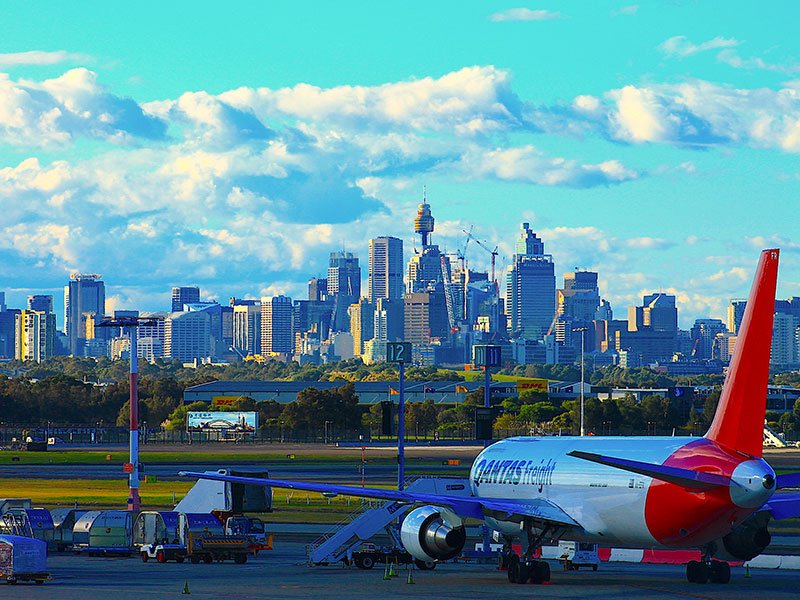The government has still not moved to implement its planned reforms to employee share schemes more than two years after announcing them, as another inquiry into the scheme gathers dust.
The federal government announced plans for changes to the employee share scheme (ESS) program in 2018 to “help employers attract, retain and motivate employees and grow their businesses”. The reforms were widely welcomed, although many in the tech sector called for them to go further.
But more than two years after announcing these reforms, the government is yet to introduce the bill to Parliament, or even reveal its draft legislation.
The government did launch another inquiry into employee share schemes earlier this year, with many submittors calling for more significant changes to the program. But while submissions to the inquiry closed in mid-March, there has been no movement or report yet.

It means there will be no improvements to the ESS, regarded as a crucial program to help early stage startups attract employees, this year.
The reforms announced in late 2018 included an increase in the cap per employee from $5000 to $10,000 and further exemptions for startups and SMEs from reporting requirements and disclosures.
In announcing the changes, the government acknowledged the current scheme is “complex and fragmented and ultimately discourages some businesses from offering employee share schemes”. But these reforms are still yet to take shape in legislation.
Despite this, Treasurer Josh Frydenberg in March referred the issue of tax treatment of employee share schemes to the Standing Committee on Tax Revenue, which accepted submissions briefly in March.
The inquiry looked at the effectiveness of previous changes to the scheme in 2015 and whether it has been effective in its goal of “bolstering entrepreneurship in Australia and supporting startup companies”.
It was also tasked with investigating the cost and benefit of concessional taxation treatments, whether the current tax treatment of employee share schemes is still fit for purpose, and challenges in setting up such a scheme.
The committee received 20 submissions as part of the inquiry, with most arguing for the government to go further than the 2018 reforms.
In its submission, tech giant Atlassian said employee share schemes are “pivotal” in assisting startups in attracting talent and growing.
“We are mindful that large, successful technology enterprises are not born overnight – they grow from fledgling startups that struggle for early survival. And a strong ESS scheme is key to attracting and retaining the talent required for survival and success in today’s global tech sector,” Atlassian’s submission said.
“It is now commonplace for technology ventures to start with such a scheme already in place, as stock compensation has become an expected component of tech employee compensation.”
“Given the fierce competition between technology hubs around the world, a competitive ESS is crucial to ensuring that Australia can continue to attract and retain the best companies and employees and that Australian companies are not put to a disadvantage compared to their global peers.”
The Australian Investment Council pointed to a number of “anomalies” in the scheme that could be fixed.
These include a requirement that a company must have been incorporated less than 10 years ago to be able to offer shares to employees.
“Our members have seen a number of companies failing this requirement because a founder has sued a corporate entity from an earlier venture, and subsequently started up a new business through that entity which has then grown successfully,” the Australian Investment Council said.
“This unfairly penalises employees who would otherwise have been able to access an ESS.”
This requirement should be scrapped to “better accommodate the evolution of many startups as businesses that had limited success in earlier ventures but have grown and succeeded later on”.
Atlassian also called for this requirement to be removed.
“Companies take different paths to maturity and startups sometimes re-use corporate forms even though entirely new business lines are neutered into. So long as a company is fledgling, it requires support from the concession and there should not be a time limit on that support,” Atlassian’s submission said.
The Australian Investment Council also called for the current rule that an employee cannot sell their interest for three years after acquiring it to be removed as this could be a barrier to these companies receiving investment.
Atlassian said that access to the startup concession under the scheme should be broadened.
“We believe that broadening the availability of the startup concession would boost the Australian startup ecosystem and thereby the tech sector generally by giving more companies the ability to offer this inducement,” its submission said.
“Australia’s technology economy will only gain if more talented people choose to enter its ranks via the startup ecosystem, whether domestically or from abroad.”
The maximum annual turnover of $50 million for a company to access the employee share scheme should be at least doubled to $100 million, Atlassian argued, as many startups, particularly e-commerce-based ones, are currently locked out.
For its submission, StartupAus surveyed 87 of its member companies, finding that a high-quality employee share scheme is “critical” for startups.
Do you know more? Contact James Riley via Email.

